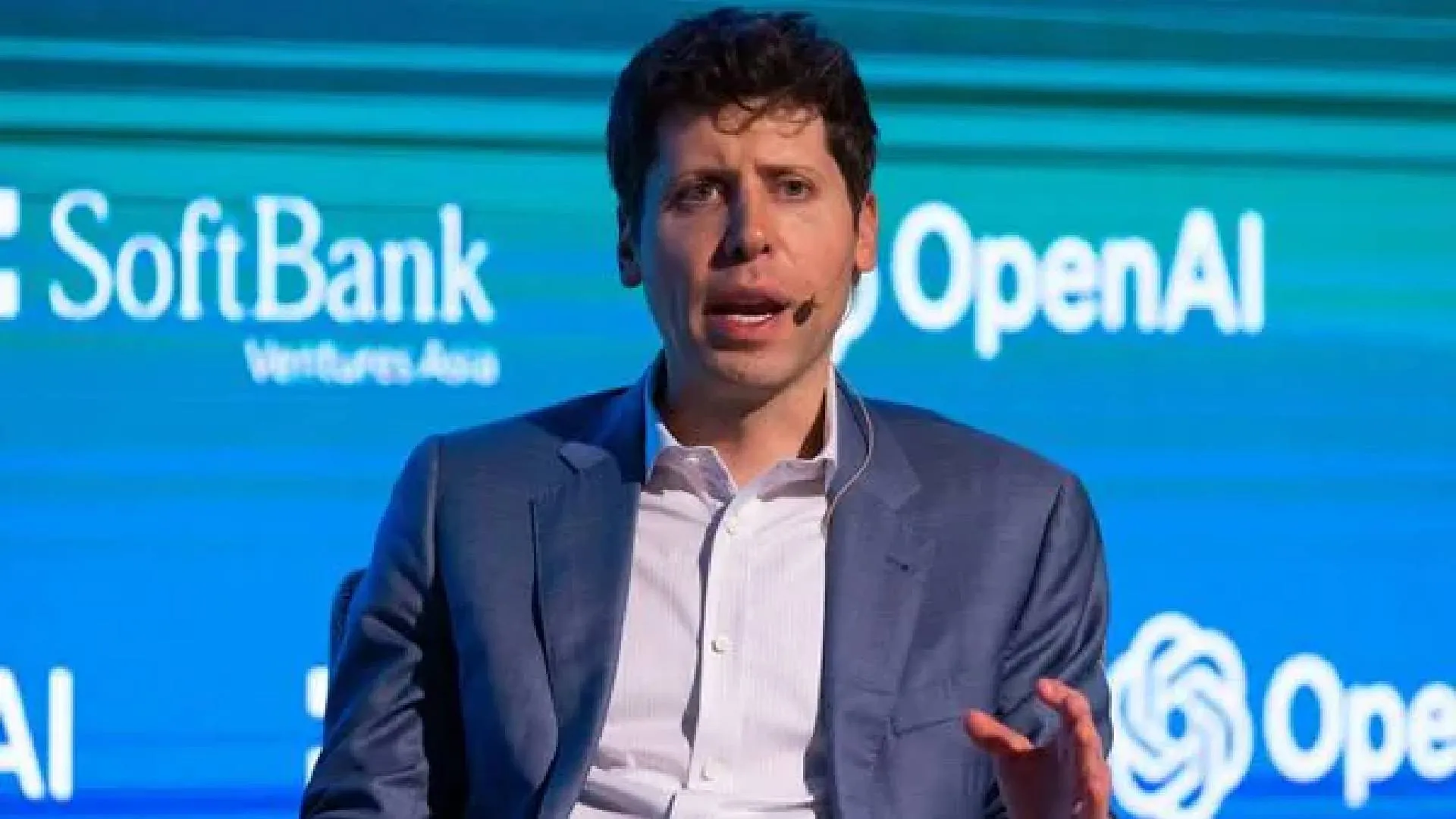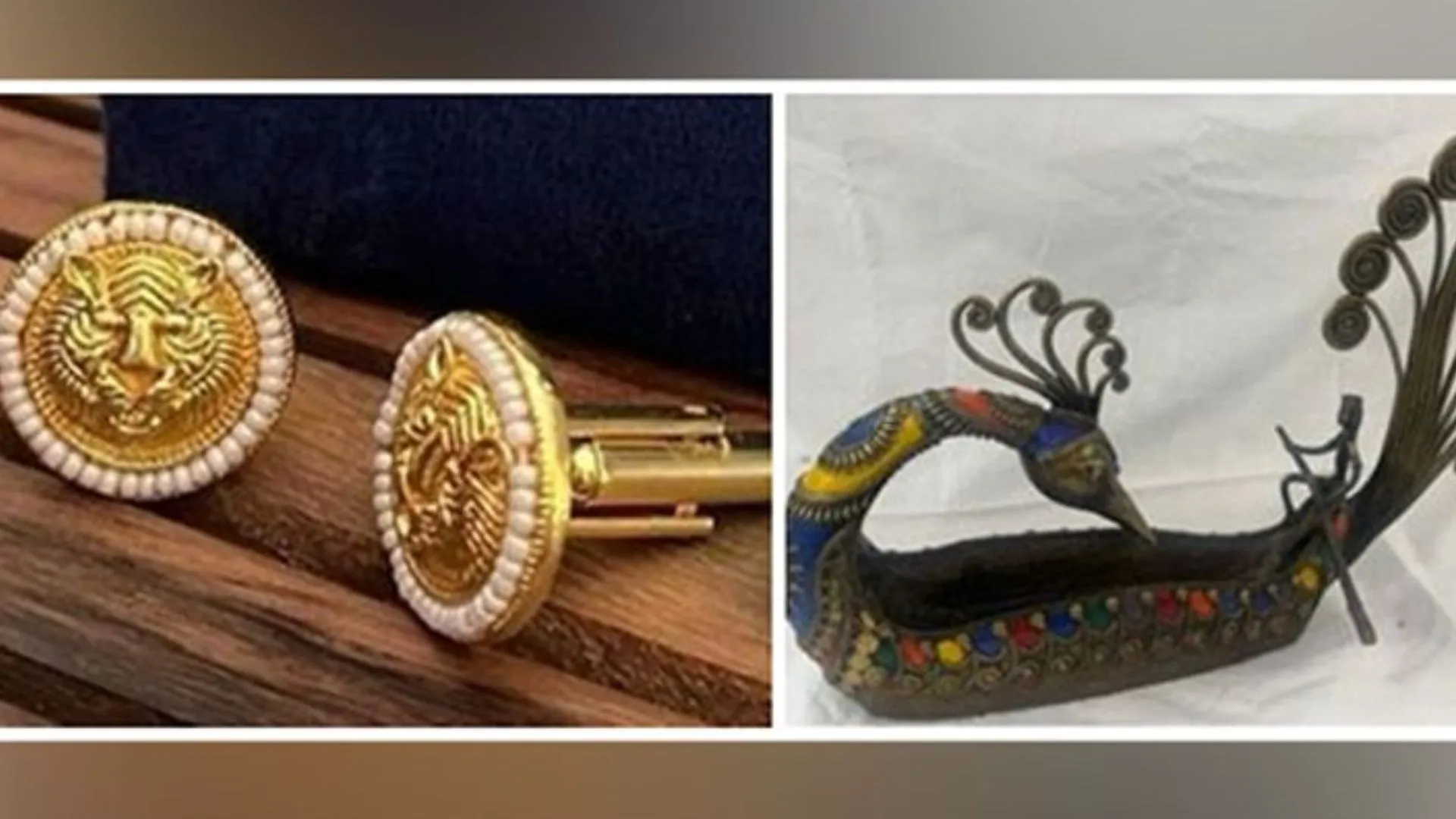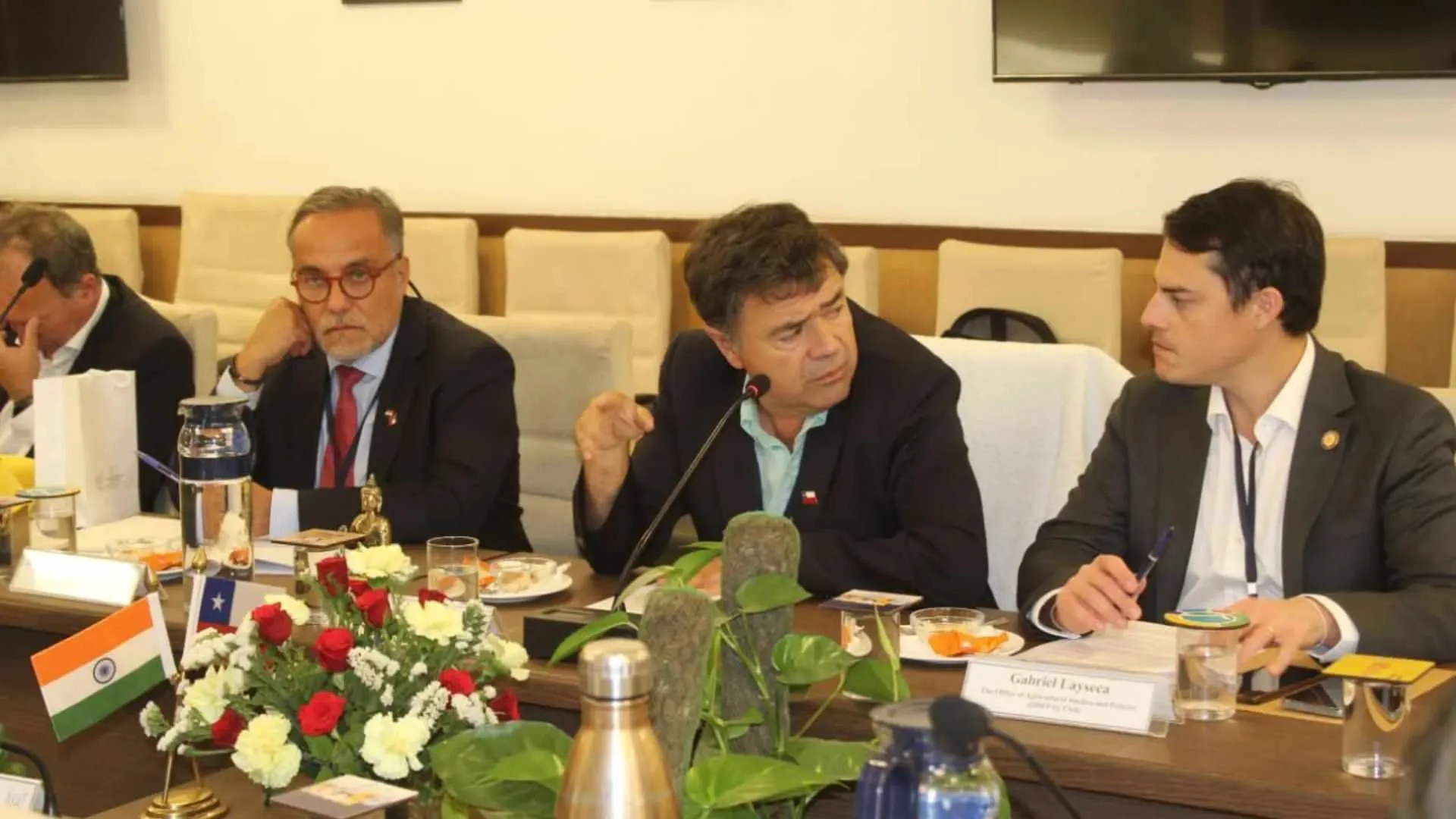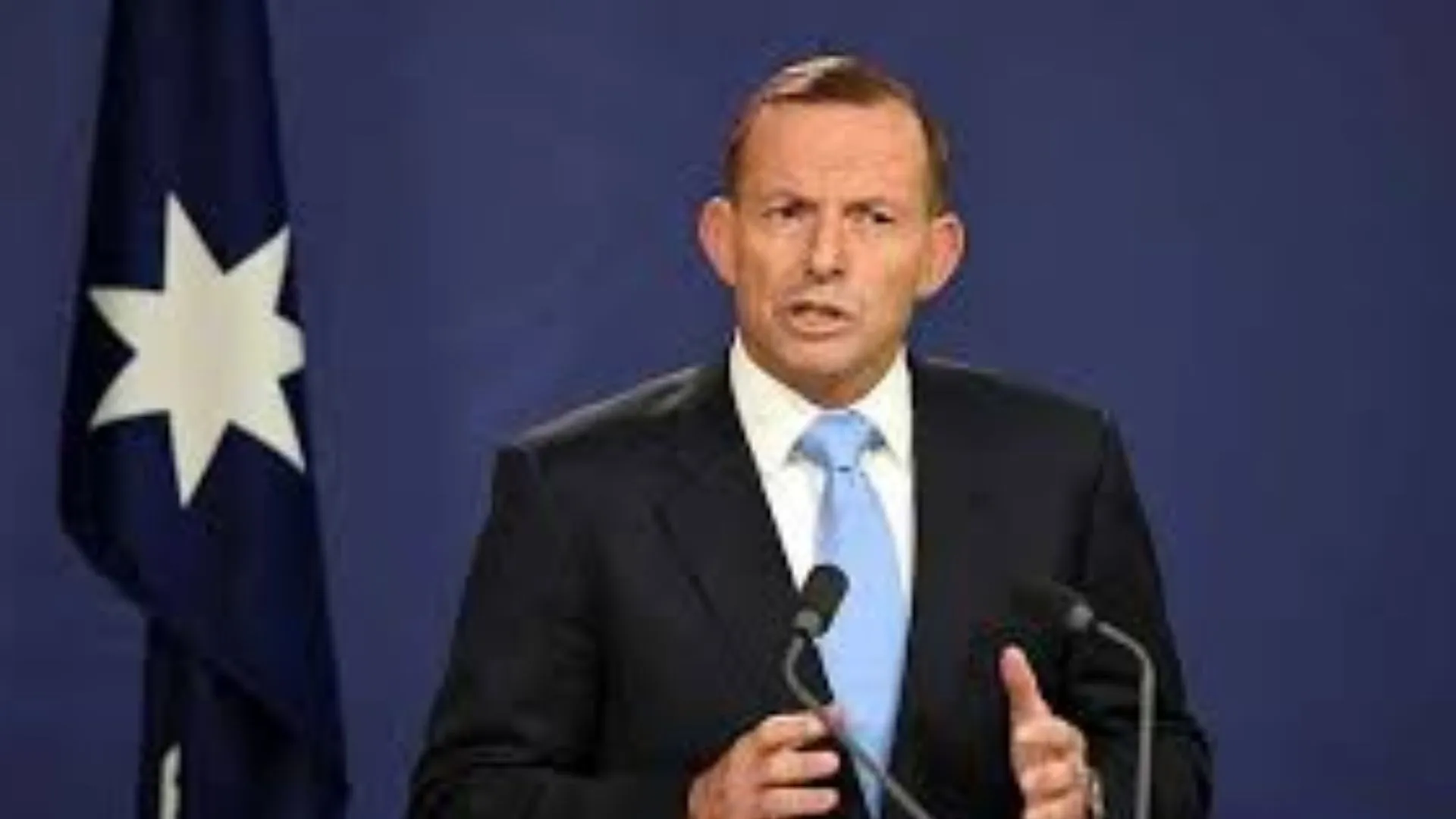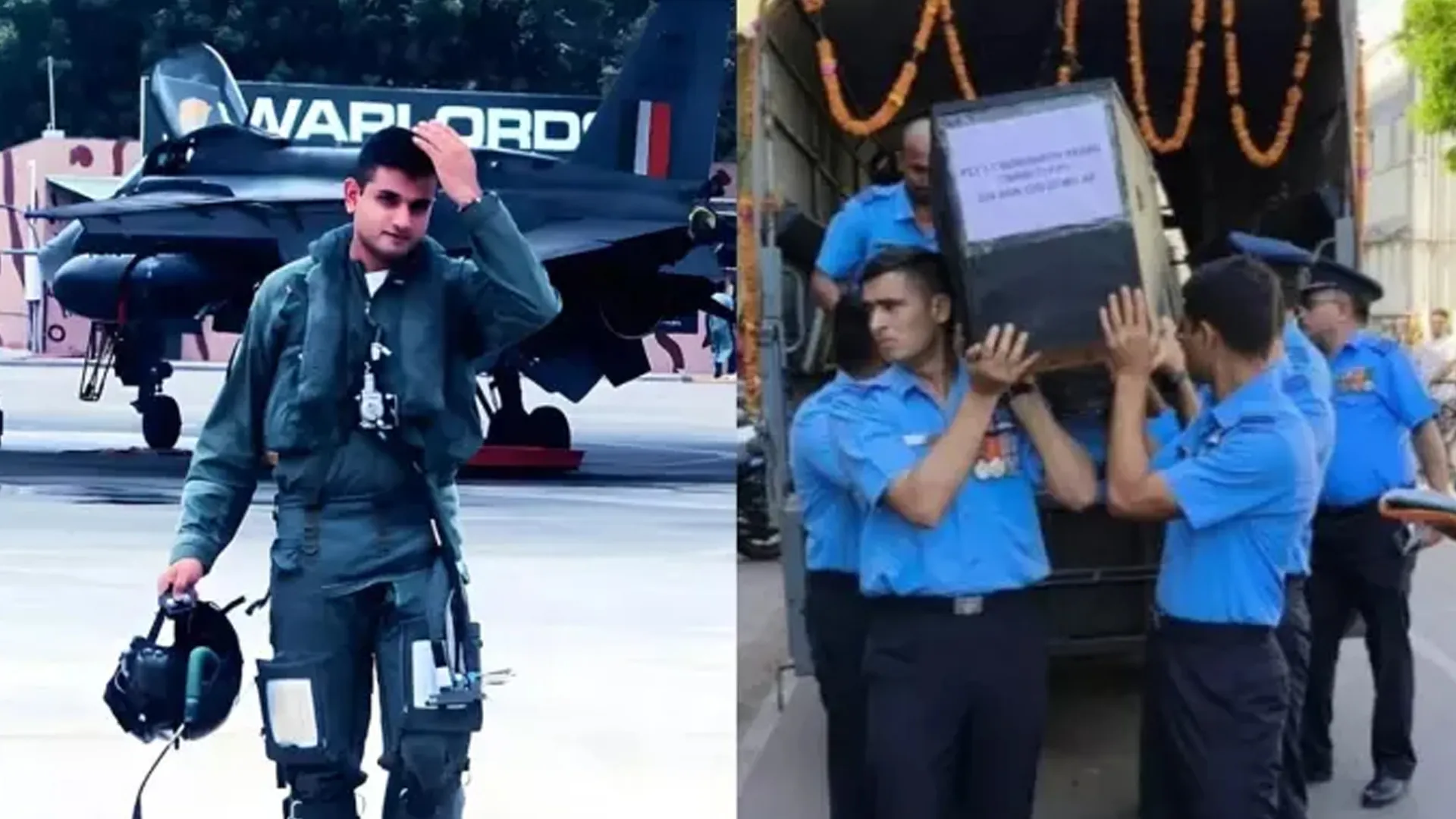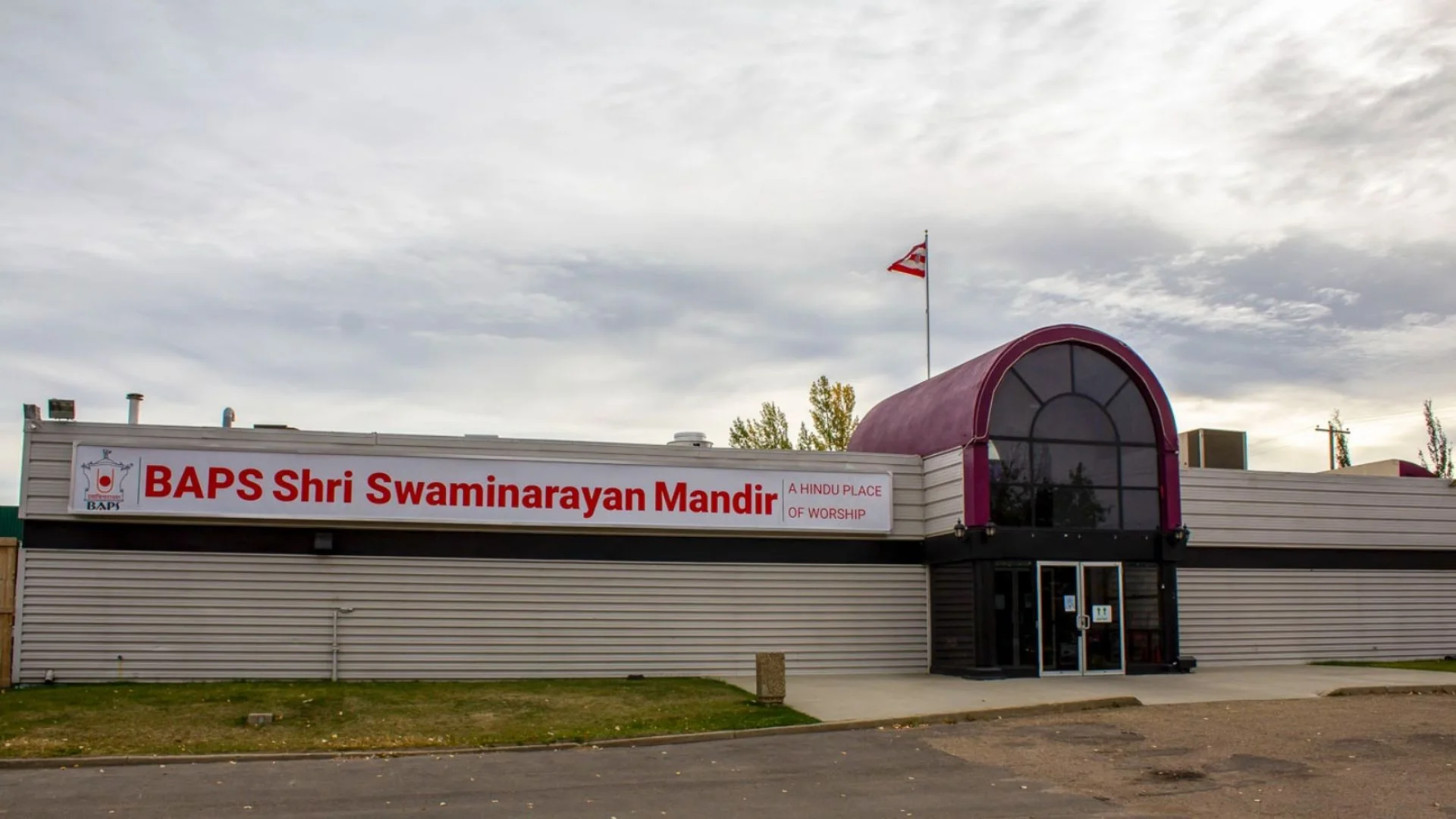OpenAI has vigorously rejected accusations from Indian media outlets that it illegally uses its material to train ChatGPT. As stated in a copyright case, the Microsoft-supported artificial intelligence business stated in a fresh court filing that they do not scrape or replicate material from Indian publishers. The filing also showed that OpenAI is aggressively trying to stop big Indian media companies—those linked with corporate behemoths Gautam Adani and Mukesh Ambani—from getting involved in the lawsuit.
Last year, the dispute started when OpenAI was sued by ANI, a well-known Indian news agency, for training its AI chatbot without permission with their published content. After ANI’s legal action, other well-known Indian media companies—including NDTV, The Indian Express, The Hindustan Times, and the Digital News Publishers Association (DNPA)—connected with ANI to claim OpenAI abuses their reporting.
OpenAI’s Position: No Copyright Violation
OpenAI denied claims of copyright infringement in its 31-page court filing dated February 11. The company stressed that it is not under a legal requirement to sign licensing agreements with Indian media firms since it mostly depends on publicly accessible information.
OpenAI maintains that its artificial intelligent models follow a fair-use approach founded on established legal rulings. The company also emphasized that its current collaborations with international news organizations are centered on content display within ChatGPT rather than on AI training licensing agreements.
Artificial Intelligence and Copyright: A Growing Legal Challenge
This instance is a component of a larger worldwide discussion on artificial intelligence and copyright legal provisions. Across the world, authors, musicians, and media companies are contesting AI businesses for the way they obtain training model data. Lawsuits arise in many countries, so OpenAI and other technology companies find themselves under rising legal scrutiny for their data collection methods.
Even if some international publishers have secured agreements with OpenAI to enable AI-generated summaries of their material, Indian media companies contend that they have not been offered comparable contracts. Their legal documents argue that OpenAI benefits from their journalism without giving any payment. OpenAI nevertheless argues that working with publicly accessible information is not an infringement and, therefore, in line with Indian copyright laws.
India Trip of Sam Altman and Discussions on Artificial Intelligence Growth
OpenAI CEO Sam Altman’s present trip to India, where he met with the IT minister to discuss artificial intelligence advancement in the country, runs alongside the legal fight. Indian government’s intentions for a low-cost AI environment were under debate; it’s still unknown whether the copyright case was settled.
At present, the matter is still outstanding. Indian media companies still urge for more stringent copyright protection against AI-driven content aggregation. It is unclear whether OpenAI will need to negotiate licensing agreements or will be able to function in India without official agreements with local publishers. The result of this case could establish a legal guideline for media rights and AI control.

